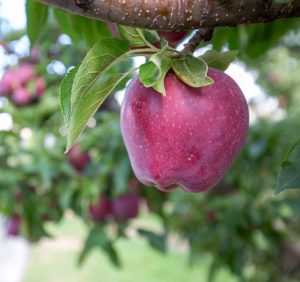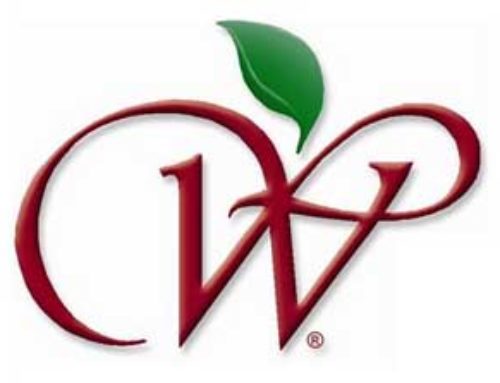A federal judge has mandated that Washington growers pay H-2A employees prevailing wages while a lawsuit over the process of determining those wages lingers on.
On July 2, U.S. District Judge John Chun of the Western District of Washington issued an injunction that requires growers to pay their H-2A workers prevailing wages set in 2022.
The ruling takes effect immediately and applies to growers with existing and future H-2A contracts.
To view those wages, visit the U.S. Department of Labor’s wage library at dol.gov/agencies/eta/foreign-labor/wages/agriculture and select Washington. If growers have contracts for activities listed in the prevailing wage library, they must pay at least the amount shown. For example, workers must be paid $28.26 per bin for general apple harvesting, though harvesting of Honeycrisp and Cripps Pink apples have higher prevailing wages.
In 2020, the labor union Familias Unidas por la Justicia sued the Labor Department for changes made in 2019 to the method used to calculate piece-rate prevailing wages and other policies.
The department relies on state workforce agencies to help determine prevailing wages by surveying employers. Those employers must pay the highest rate among the prevailing wage, an annual regionalized minimum hourly rate called the Adverse Effect Wage Rate (AEWR), a rate negotiated in collective bargaining, the state minimum wage or the federal minimum wage.
Washington is one of the few states to use the surveys, conducted by the state Employment Security Department.
The lawsuit by Familias Unidas por la Justicia questions how accurately those surveys represent fair market value for piece-rate wages on a variety of levels.
The 2020 survey was certified by the Department of Labor in January 2022 and expired a year later.
The state has conducted surveys since then, but the federal Labor Department has not certified them, said Enrique Gastellum, CEO of wafla, the nonprofit agency that facilitates most of the Northwest’s H-2A visas.
For the past two years, growers have been paying piece rate — many workers prefer that — but their minimum was the equivalent of the AEWR. After the judge’s ruling, the prevailing wages will serve as the minimum.
Labor advocates are not the only ones dissatisfied with the process behind prevailing wages. The Washington State Tree Fruit Association, which represents ag employers, sued the state Employment Security Department in Thurston County Superior Court over the transparency and fairness of the process. That lawsuit is also ongoing.
—by Ross Courtney








Leave A Comment